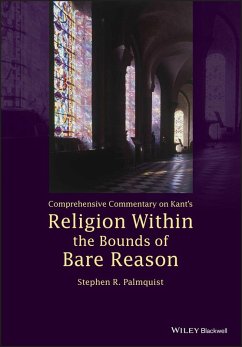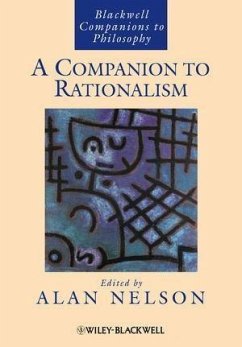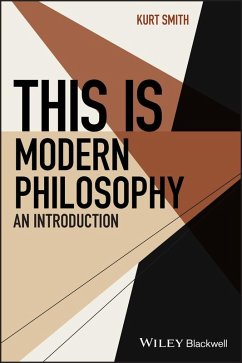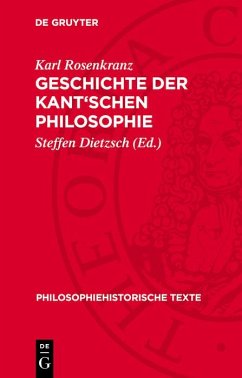
Comprehensive Commentary on Kant's Religion Within the Bounds of Bare Reason (eBook, PDF)
Versandkostenfrei!
Sofort per Download lieferbar
41,99 €
inkl. MwSt.
Weitere Ausgaben:

PAYBACK Punkte
0 °P sammeln!
Palmquist's Commentary provides the first definitive clarification on Kant's Philosophy of Religion in English; it includes the full text of Pluhar's translation, interspersed with explanations, providing both a detailed overview and an original interpretation of Kant's work. Offers definitive, sentence-level commentary on Kant's Religion within the Bounds of Bare Reason Presents a thoroughly revised version of Pluhar's translation of the full text of Kant's Religion, including detailed notes comparing the translation with the others still in use today Identifies most of the several hundred c...
Palmquist's Commentary provides the first definitive clarification on Kant's Philosophy of Religion in English; it includes the full text of Pluhar's translation, interspersed with explanations, providing both a detailed overview and an original interpretation of Kant's work.
- Offers definitive, sentence-level commentary on Kant's Religion within the Bounds of Bare Reason
- Presents a thoroughly revised version of Pluhar's translation of the full text of Kant's Religion, including detailed notes comparing the translation with the others still in use today
- Identifies most of the several hundred changes Kant made to the second (1794) edition and unearths evidence that many major changes were responses to criticisms of the first edition
- Provides both a detailed overview and original interpretation of Kant's work on the philosophy of religion
- Demonstrates that Kant's arguments in Religion are not only cogent, but have clear and profound practical applications to the way religion is actually practiced in the world today
- Includes a glossary aimed at justifying new translations of key technical terms in Religion, many of which have previously neglected religious and theological implications
Dieser Download kann aus rechtlichen Gründen nur mit Rechnungsadresse in D ausgeliefert werden.













